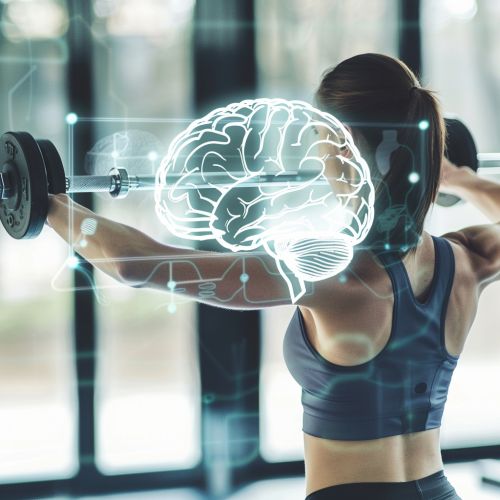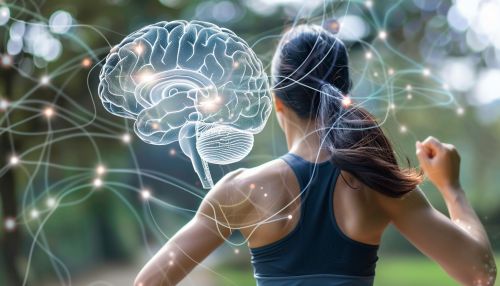Exercise and cognition
Introduction
Exercise and cognition are two interrelated aspects of human health and functionality. The relationship between physical activity and cognitive function has been a topic of interest in the field of neuroscience, psychology, and sports medicine. This article delves into the intricate connection between these two elements, exploring the impact of exercise on various cognitive processes, including memory, attention, and executive functions.
The Relationship between Exercise and Cognition
Exercise, particularly aerobic exercise, has been found to have significant effects on cognitive functions. These effects are believed to be mediated by several physiological mechanisms, such as increased blood flow to the brain, changes in neurotransmitter levels, and the growth of new neurons, a process known as neurogenesis.
Physiological Mechanisms
Increased Blood Flow
Exercise increases the heart rate, which in turn increases the blood flow to the brain. This increased blood flow is thought to enhance cognitive function by delivering more oxygen and nutrients to the brain, as well as removing waste products more efficiently.
Neurotransmitter Levels
Exercise also affects the levels of various neurotransmitters in the brain. These include endorphins, serotonin, dopamine, and norepinephrine, all of which play key roles in mood regulation, motivation, and cognitive function.
Neurogenesis
Neurogenesis, the process of creating new neurons, is another mechanism through which exercise may enhance cognitive function. Exercise has been found to stimulate neurogenesis in the hippocampus, a region of the brain involved in memory and learning.


Cognitive Processes Affected by Exercise
Memory
Exercise has been found to improve both short-term and long-term memory. This is believed to be due to the effects of exercise on the hippocampus, a region of the brain that plays a crucial role in memory formation.
Attention
Physical activity has also been linked to improved attention. Regular exercise can help improve the ability to focus and maintain attention, which can have significant benefits in both academic and professional settings.
Executive Functions
Executive functions, which include skills such as problem-solving, planning, and multitasking, are also affected by exercise. Regular physical activity has been found to enhance these cognitive skills, potentially due to the increased blood flow to the prefrontal cortex, a region of the brain involved in executive functions.
Exercise and Cognitive Aging
Regular physical activity has been associated with a slower rate of cognitive decline in older adults. This is thought to be due to the neuroprotective effects of exercise, which can help maintain cognitive function and delay the onset of cognitive impairments associated with aging.
Exercise and Cognitive Disorders
Exercise has also been found to have therapeutic effects in individuals with cognitive disorders, such as Alzheimer's disease and other forms of dementia. Regular physical activity can help improve cognitive function and quality of life in these individuals, although more research is needed to fully understand the mechanisms behind these effects.
Conclusion
The relationship between exercise and cognition is complex and multifaceted. While much is known about the positive effects of physical activity on cognitive function, there is still much to learn about the underlying mechanisms and the optimal types and amounts of exercise for cognitive health. Future research in this area has the potential to further our understanding of this important relationship and inform interventions to enhance cognitive function and prevent cognitive decline.
